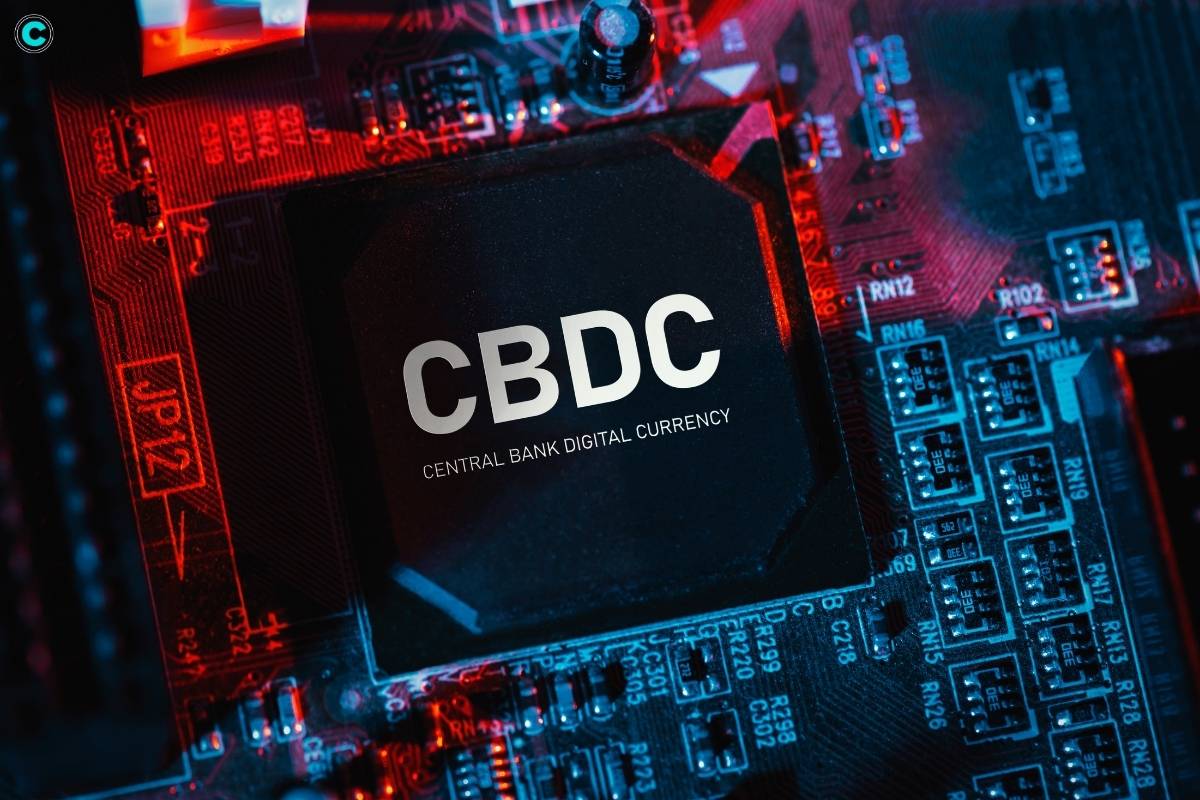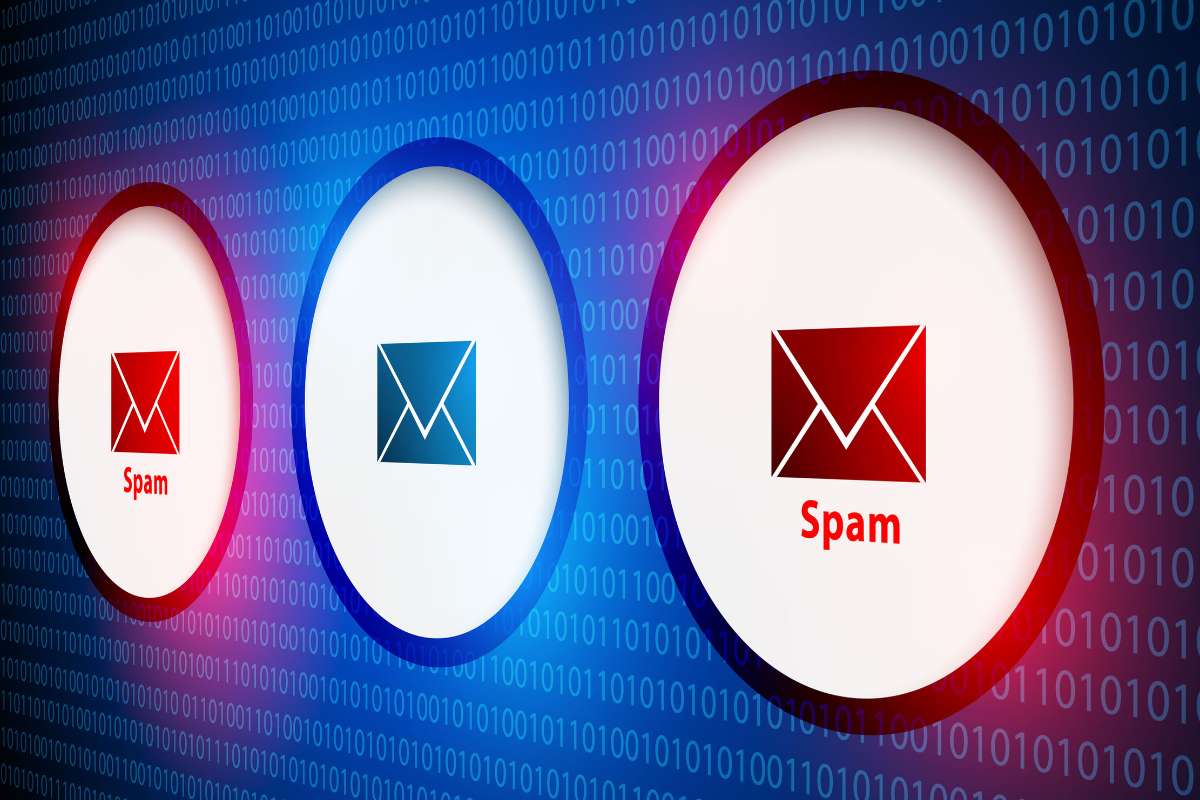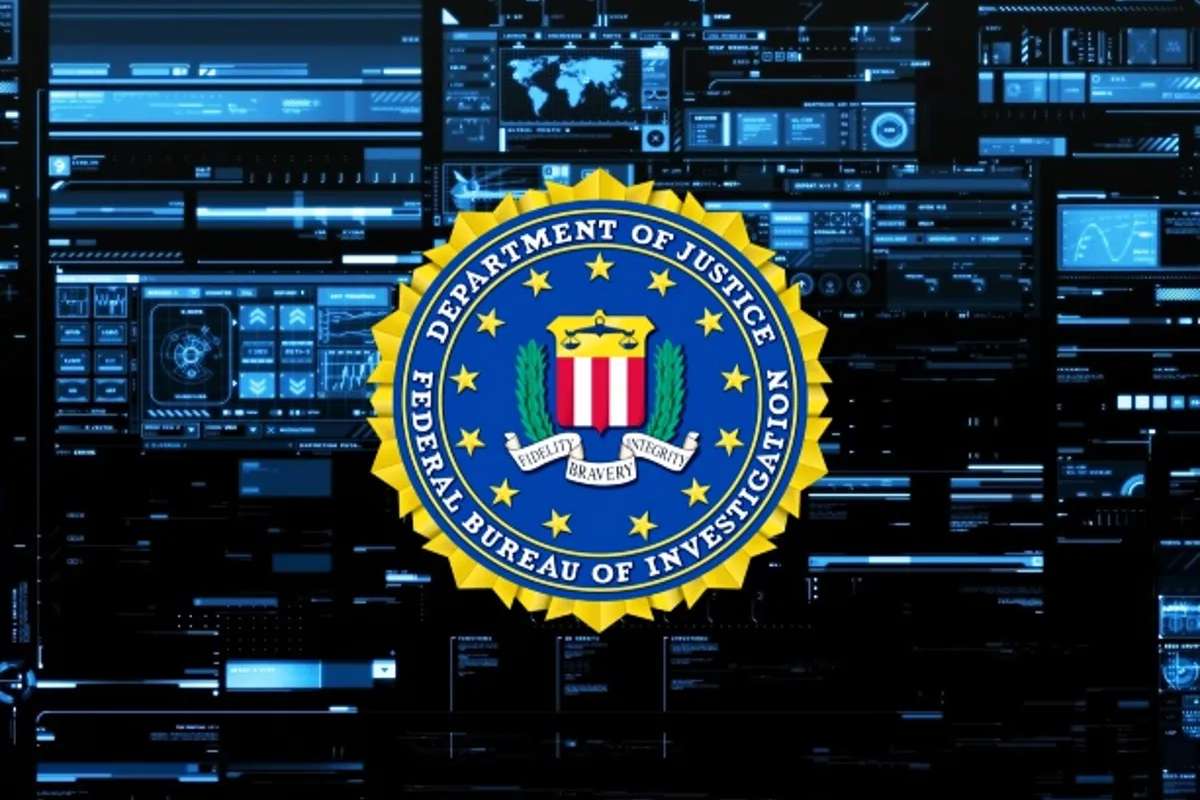Blockchain technology, initially introduced as the underlying technology for the cryptocurrency Bitcoin, has evolved into a transformative force with far-reaching implications across various industries. In this article, we will delve into the intricacies of it, exploring its fundamental concepts, its impact on diverse sectors, and the potential it holds for shaping the future of transactions and data management.
Understanding Blockchain: A Decentralized Revolution
At its core, blockchain is a decentralized, distributed ledger that records transactions across a network of computers. Unlike traditional centralized systems, where a single entity has control over the ledger, it operates on a peer-to-peer network, allowing each participant (node) to have a copy of the entire ledger. This decentralized structure brings forth several key features that define the essence of it.

1. Decentralization
It eliminates the need for a central authority, distributing control among participants. This not only enhances transparency but also reduces the risk of a single point of failure.
2. Transparency and Immutability
Every transaction recorded on it is transparent and immutable. Once a block is added to the chain, it cannot be altered or deleted, ensuring a secure and tamper-resistant record.
3. Smart Contracts
Smart contracts are self-executing contracts with predefined rules. They automate and enforce the terms of an agreement when certain conditions are met, eliminating the need for intermediaries.
4. Cryptography
Blockchain relies on cryptographic techniques to secure transactions, ensuring that data remains confidential and integrity is maintained.
Blockchain Beyond Cryptocurrency: Impact on Industries

1. Finance and Banking
it has disrupted the financial landscape by offering efficient and secure alternatives to traditional banking systems. Cryptocurrencies like Bitcoin and Ethereum enable borderless transactions, reducing costs and increasing financial inclusion. Additionally, blockchain streamlines processes such as cross-border payments, asset tokenization, and trade finance.
2. Supply Chain Management
The transparency and traceability offered by blockchain are invaluable in supply chain management. Recording every step in the production and distribution of goods minimizes fraud, reduces errors, and ensures the authenticity of products. This is particularly crucial in industries like food and pharmaceuticals, where traceability is paramount.
3. Healthcare
In healthcare, it ensures the secure and interoperable sharing of patient data among different entities. Patients gain control over their health records, and healthcare providers can access accurate and up-to-date information. This not only enhances patient care but also mitigates the risk of data breaches.
4. Real Estate
Real estate transactions involve numerous intermediaries and complex processes. Blockchain simplifies this by enabling transparent and secure property transactions through smart contracts. Property titles, ownership records, and transactions become easily accessible, reducing fraud and speeding up the transfer process.
5. Education
Academic credentials can be subject to fraud, and verifying them can be time-consuming. it allows for the creation of decentralized and tamper-proof educational records. Students have control over their credentials, and employers can easily verify their qualifications.
6. Legal and Governance
Smart contracts automate legal agreements, making the execution of contracts more efficient and secure. In governance, blockchain can enhance transparency in voting systems, reduce electoral fraud, and streamline administrative processes.
Challenges and Future Trends

While it holds immense potential, it is not without challenges. Scalability, interoperability, and regulatory concerns are among the hurdles that need to be addressed for widespread adoption. As the technology matures, several trends are shaping the future of it.
1. Integration with Emerging Technologies
It is increasingly being integrated with other emerging technologies like artificial intelligence and the Internet of Things (IoT). This convergence enhances the capabilities of it, creating more robust and versatile solutions.
2. Central Bank Digital Currencies (CBDCs)
Central banks worldwide are exploring the implementation of CBDCs using blockchain technology. These digital currencies aim to provide a secure and efficient medium of exchange, potentially reshaping the global financial landscape.
3. NFTs and Digital Assets
Non-fungible tokens (NFTs), representing ownership of unique digital assets, have gained popularity. From digital art to virtual real estate, NFTs leverage it to establish ownership and provenance in the digital realm.
4. Sustainability and Green Blockchain
The energy consumption of certain blockchain networks, particularly those using proof-of-work consensus mechanisms, has raised concerns about environmental impact. Innovations such as proof-of-stake and efforts towards sustainable practices aim to address these concerns.
Conclusion: The Ongoing Blockchain Revolution
As we navigate the intricate landscape of blockchain technology, it becomes evident that its impact extends far beyond its cryptocurrency origins. The decentralized nature, transparency, and security inherent in it offer solutions to age-old challenges across various sectors. From transforming financial transactions to revolutionizing supply chains and enhancing data security, it continues to shape the way we conduct business and interact in the digital age. As technology evolves and overcomes its challenges, the ongoing blockchain revolution promises a future where trust, security, and efficiency redefine the foundations of our interconnected world.
Also Read: Artificial Intelligence: Shaping the Future of Technology






